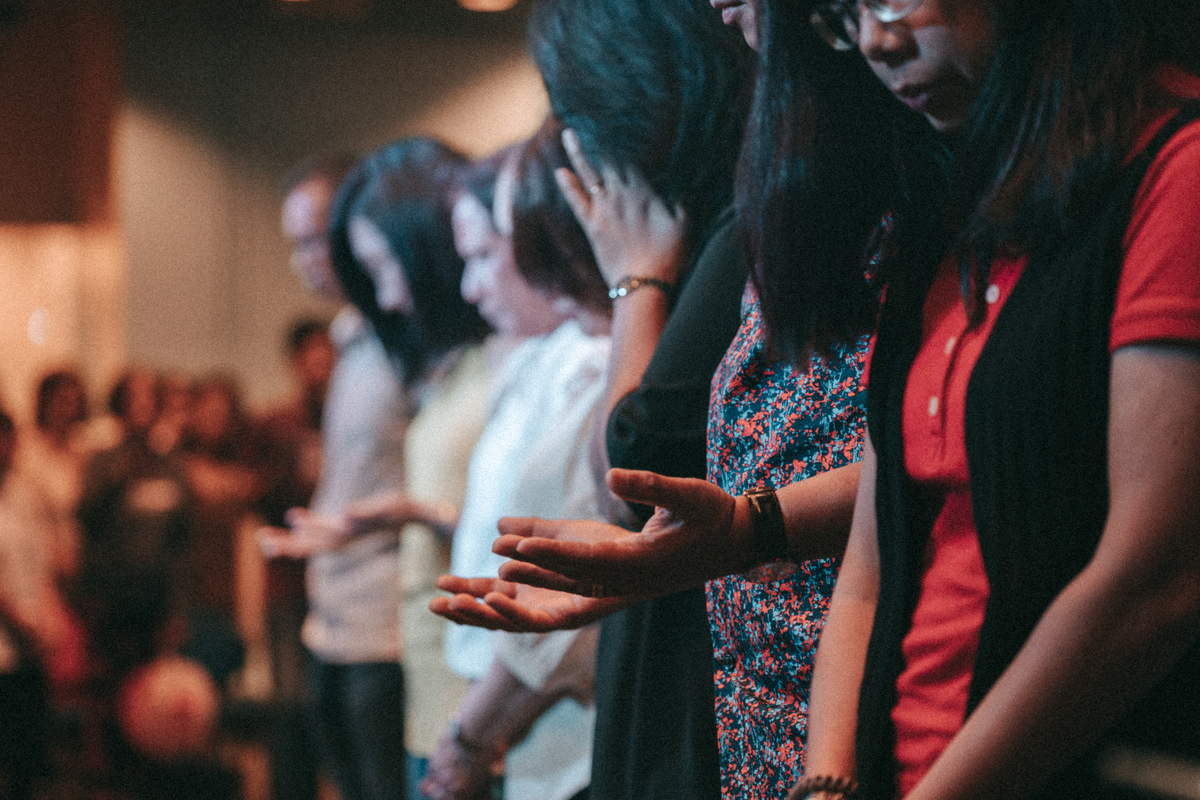As a person with a graduate degree and a teacher’s heart, I have always valued the importance of education. I love to see churches with good discipleship ministries that attempt to teach their people the deeper things of the faith. An understanding of theology is important. When people do not have an understanding of correct theology, things—especially in the prayer arena—can get a little wonky. But I also am fascinated by the fact that God seems to be more at work in places where the church lacks teaching. Where good theology is often significantly lacking. Why is that?
Over the past few months, I have been working on the November 2014 issue of Prayer Connect, which is on prayer and faith. One of the articles we felt it should include is why there are so many more miracles in third world nations than there are in the Western world. We asked John Robb of the International Prayer Council to write the article since more than anyone we know, he is at the forefront of watching the activity of miraculous prayer around the world.
One of the major reasons John stated for this difference was the lack of childlike faith we in the West possess. “Adults,” said Robb, “tend to be encumbered by the baggage of doubt, fear and wrong belief systems that keep us from simply trusting God to do what He promises to do.” He went on to say that we have “become so captive to a . . . non-supernatural worldview that we often do not realize how deeply we have become affected by this corrosive influence.”
More than any other church in history, the western church of the 50s-80s, taught its people Bible knowledge and theology (probably more the former than the latter). Multiple teaching times from the pulpit each week, Sunday school classes, small groups, conferences, summer camp venues, weeks of special meetings, evangelism training . . . all taught the Scriptures. I for one would think the result would have been a stronger church. But it is surely interesting to note that we have a much weaker church, an almost miracle-less church, today. Why is that?
We are people who like everything explained to us. We want to know why something works and how it works. If we don’t understand something, we have to have an explanation. We also like three easy steps, a clear process that works every time. But that is tough when it comes to theology and prayer. We want to develop a theology, and many churches have. But God so often seems to work outside of our theologies. He won’t be pinned into a box.
He simply admires childlike faith (as John points out in his article). The more knowledge we have seems to work against childlikeness. For adults, fear of doing something wrong, skepticism and doubt enter—usually in the form of already preparing our theological response for when God doesn’t answer the way we want in the situation in which we are praying.
“Does God give you his Spirit and work miracles among you because you observe the law [or good theology], or because you believe what you heard” (Galatians 3:5).
I am not opposed to theology and I point it out when I see really bad theology at work. But I also know that theology can be wrong, and God is going to work how God works, no matter how we try to explain how He works in step by step theological terms. I am interested now in gaining more childlike faith when I pray, rather than making sure all my i’s are dotted in good theology.
–Jonathan Graf is the publisher of Prayer Connect.





